#edwin frank
Explore tagged Tumblr posts
Text
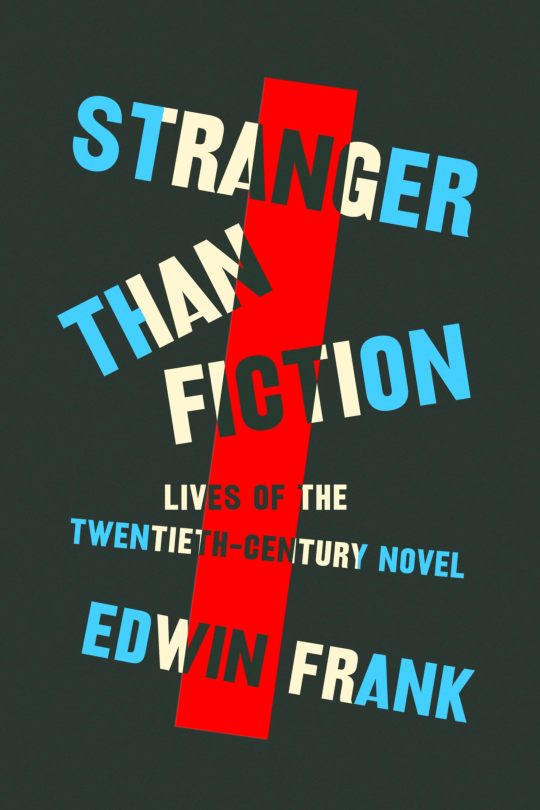
Stranger than Fiction: Lives of the Twentieth-Century Novel review
Edwin Frank’s finely judged survey of modern fiction from Dostoevsky to Sebald will have you reaching for novels you hadn’t thought about in years
Edwin Frank vows in his introduction to this book to try to do for the fiction of the last century what the critic Alex Ross’s landmark book The Rest Is Noise did for its music. He is as good as his word. This is the most engaging imagining of the progress of the 20th-century novel you will read. Frank brings serious erudition to the task – in his day job he is editorial director of New York Review Books and has for 25 years edited its eclectic classics series which breathes new life into half-forgotten or out-of-print treasures. Though he has a fine critical judgment, Frank writes as an enthusiast at least as much as an academic, trusting his taste, always alive to the stories he is telling and the arguments he makes.
His method is broadly chronological, offering the reader a “long” 20th century, beginning with Dostoevsky’s Notes from Underground (1864) and concluding with WG Sebald’s Austerlitz (2001). The choice of those two particular bookends to his study of 30-odd examples of the modern novel gives some idea of the emphasis of the project and the interests of the author. He is drawn to books that challenge the form itself in different ways, those that self-consciously or otherwise disrupt the more stately certainties of the great 19th-century novels. “The writers of the 20th century are ambushed by history,” Frank writes. “They exist in a world where the dynamic balance between self and society that the 19th-century novel sought to maintain can no longer be maintained, even as fiction.”
If Dostoevsky’s “unclassifiable” book – the structure of which resembles “nothing so much as a swept-up heap of broken glass” – set the pattern of that new relationship, Frank’s subsequent inquiries celebrate how the novel form became the place where changing ideas of fictional consciousness were tried out for size – from Gertrude Stein’s adventures with character as language in Three Lives to VS Naipaul’s restless examinations of post-colonial identity in The Enigma of Arrival.
Frank sometimes uses unlikely pairs of books to illustrate the ways very different writers responded to similar contemporary pressures – placing distinct confessionals such as Colette’s Claudine at School and Rudyard Kipling’s Kim alongside each other, for example, or finding the parallels between discrete experiments like Italo Svevo’s Confessions of Zeno and Jean Rhys’s Good Morning, Midnight. In other chapters, he focuses on individual novels: Mrs Dalloway – Virginia Woolf’s riposte to the “vulgarities” of Ulysses – or Gabriel García Márquez’s One Hundred Years of Solitude, the magic of whose realism, he suggests, in part lay in the fact that it was living proof of “the triumphant march of the 20th-century novel across the whole world”.
Frank follows the threads of that literary colonisation which advanced as empires themselves were retreating. His attention ranges far and wide, to Chinua Achebe’s Things Fall Apart, and Anna Banti’s Artemisia (there are only four American writers who make headline acts: Gertrude Stein, Ernest Hemingway, Vladimir Nabokov and Ralph Ellison). As a critic, he is not seduced by labels – isms get short shrift. He champions the 20th-century novel as the ultimate hybrid “misbegotten” form, existing somewhere between memoir and history and myth and gives a thumbs up to poet Randall Jarrell’s catch-all description: “A novel is a prose narrative of a certain length with something wrong with it.”
If the writers share a fatal flaw, he suggests, it is a belief that the novel “matters immensely” and is undone by that fact. “To read them,” he writes, “is to catch them in the act of thinking about the novel in the midst of writing a novel… they write both as novelist and as critic writing over the novelist’s shoulder.” That schism, he argues, was rendered by the Great War and its effect on the European imagination, a fact articulated in the triumvirate of novels – Ulysses, In Search of Lost Time, and The Magic Mountain – that were conceived or begun before 1914 and entirely altered by what followed.
Frank’s great gift lies in vividly bringing to life the books themselves and the specific time and place of the individuals who created them. There can be no better proof of his engagement than that it had me, chapter by chapter, tracking down books that I hadn’t looked at for years – Hemingway’s In Our Time stories, for example, or HG Wells’s The Island of Doctor Moreau – and rereading them through his eyes, before rejoining him on his quest.
Daily inspiration. Discover more photos at Just for Books…?
3 notes
·
View notes
Note
If you haven't yet read it, the Edwin Frank interview in the point mag is up your alley, I think. Blake Smith, god bless him, might have steered me in the wrong direction about nyrb classics
Thanks! Yes, a lot of good stuff in there. I like how they start by talking about The Hall of Uselessness, also one of my favorite NYRBs. And then the last few answers: all the civilized, knowingly world-weary complaints (the novel is dead, the MFA programs are awful) at once uttered and dismissed as obvious, not worth repeating. (My case for the continued relevance of the novel is one neither the interviewer not Frank state, however: it's not for the present but the future. Otherwise how will our successors know we were here, how we lived?) I am still thinking about this, which is maybe too European for me:
Writers are not truth-tellers, they are witnesses to the event of their own gift, finally impersonal. Which consumes them. Which may sound romantic. It is, in fact, the least romantic thing in the world.
I like the part about Ulysses:
Ulysses is a place and climate and you have to allow yourself to live there to get a real sense of it. That’s one of the ways it’s essentially different from, say, Mrs. Dalloway, which remains a representation of experience, something that exists at an appreciable, ponderable remove. Ulysses by contrast is an experience in its own right and like experience remains in many ways private, to the author, to the reader: it’s not there to be made sense of entirely, though it is certainly there to enjoy and wonder at. Notoriously, Woolf hated the book—she thought it was, I’m pretty sure this is her word, “underbred,” pointlessly dirty and showy. Woolf thought it was offensive among other things that Joyce imposed his privacy on his audience. Pun intended.
A piece of advice I took to heart years ago came from the critic and poet Donald Davie, who said about Pound’s Cantos: Read them fast. Read them till patterns begin to form in the blur. Don’t nail down the references and try to add them all up.
Read it fast: as advice for Ulysses, this can't be overstated. (It's what Ellen Chandler tells Ash del Greco in Major Arcana: "I recommend just letting it wash over you the first time".) I'll have to try it with The Cantos someday. And, speaking of Pound, the passages on anti-Semitism, on Bellow and Cohen. And about how "the imaginative horizon of the modern world is female." And about the paradox of our inheriting an avant-garde tradition. And his statement, which I myself am always saying: "it's a stagnant period."
I'm not sure the conversation disproves Blake's point about the high-handed attitude with which a certain style of forgotten classic, often in translation, is suddenly forced on us—I don't need to see the hideous phrase "blue lard" again for a while—but it's good to know what a civilized sensibility lies behind the enterprise.
2 notes
·
View notes
Text
0 notes
Text
0 notes
Text

Did the alternate version as well since I couldn't fit stanton into the previous one
#the terror#james fitzjames#tobias menzies#outlander#frank randall#manhunt#edwin stanton#hbo rome#marcus junius brutus
200 notes
·
View notes
Text




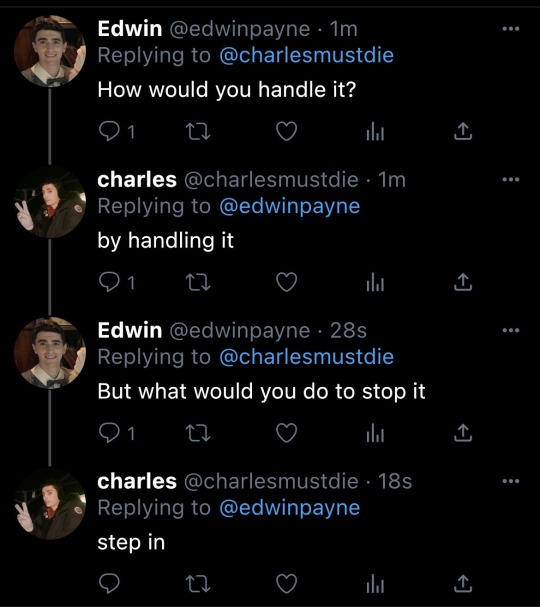

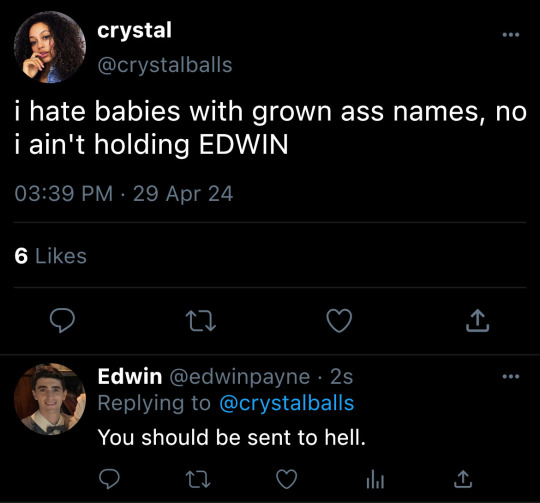



Procrastinating writing . Did more dead boy detectives as tweets
#I use twinote btw. I don't think it's available on the App Store anymore but idk#also yes charles user is a frank iero reference#dead boy detectives#edwin paine#edwin payne#charles rowland#niko sasaki#dbd fake tweets
260 notes
·
View notes
Text
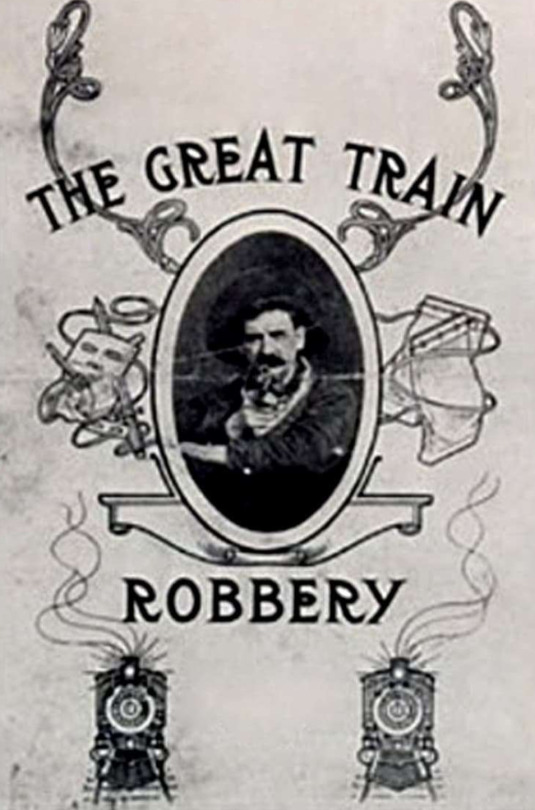
#movies#polls#the great train robbery#great train robbery#1900s movies#edwin s. porter#gilbert m. anderson#john manus dougherty sr.#frank hanaway#adam charles hayman#robert milasch#have you seen this movie poll
83 notes
·
View notes
Text
something that will forever be funny to me is conservatives getting mad about green day being anti-trump. it's been 20 years and you still haven't understood the whole point of american idiot??
#green day#greenday#billie joe green day#billie joe armstrong#mike dirnt green day#mike dirnt#michael ryan pritchard#tre cool green day#tre cool#frank edwin wright iii#american idiot#poppunk#pop rock#pop punk
80 notes
·
View notes
Text
Hitchin' a Ride (Green Day cover) by Amythyst Kiah
#music#amythyst kiah#cover#covers#green day#matty alger#ethan ballinger#brandon bell#paul blakemore#mike dirnt#billie joe armstrong#michael ryan pritchard#frank edwin wright iii#tré cool#tre cool#Bandcamp
35 notes
·
View notes
Text
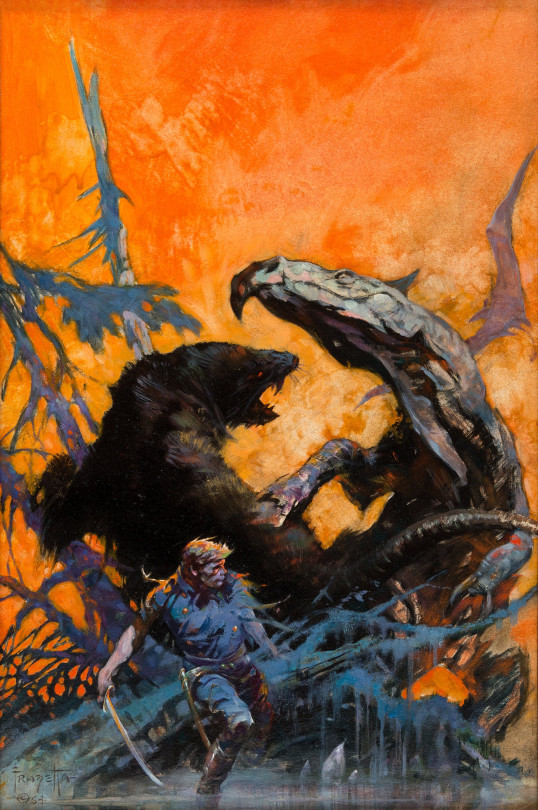
'Gulliver Of Mars' by Frank Frazetta.
Cover art for the 1964 paperback edition of the novel 'Gulliver Of Mars', written by Edwin L Arnold.
#Art Of The Day#Art#AOTD#Frazetta#Frank Frazetta#Frazetta Friday#Gulliver of Mars#Edwin Arnold#Books#Book Cover#Book Cover Art#Cover Art#Sci-Fi#Science Fiction#SFF
103 notes
·
View notes
Text
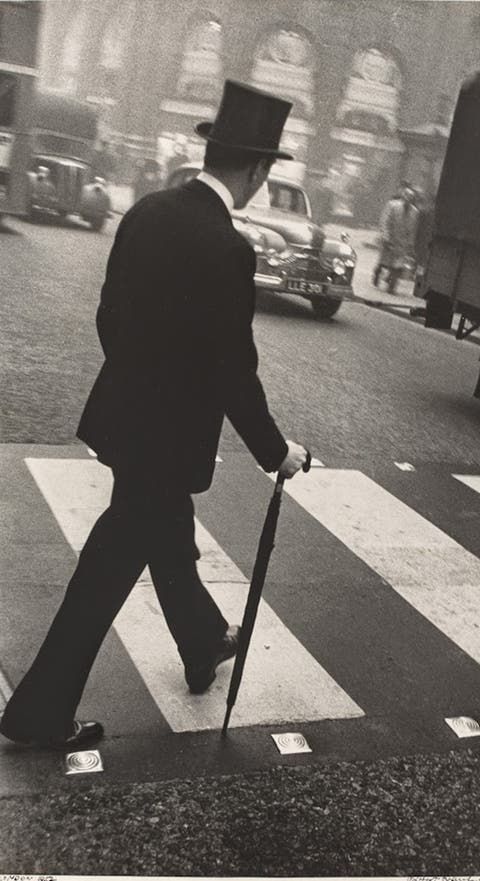
Richard Cory
Whenever Richard Cory went down town, We people on the pavement looked at him: He was a gentleman from sole to crown, Clean favored, and imperially slim. And he was always quietly arrayed, And he was always human when he talked; But still he fluttered pulses when he said, "Good-morning," and he glittered when he walked.
And he was rich—yes, richer than a king— And admirably schooled in every grace: In fine, we thought that he was everything To make us wish that we were in his place. So on we worked, and waited for the light, And went without the meat, and cursed the bread; And Richard Cory, one calm summer night, Went home and put a bullet through his head. By Edwin Arlington Robinson
#edwin arlington robinson#richard cory#famous poem#photographs of london#taken by robert frank in the early 1950s.com#pinterest.com
54 notes
·
View notes
Text
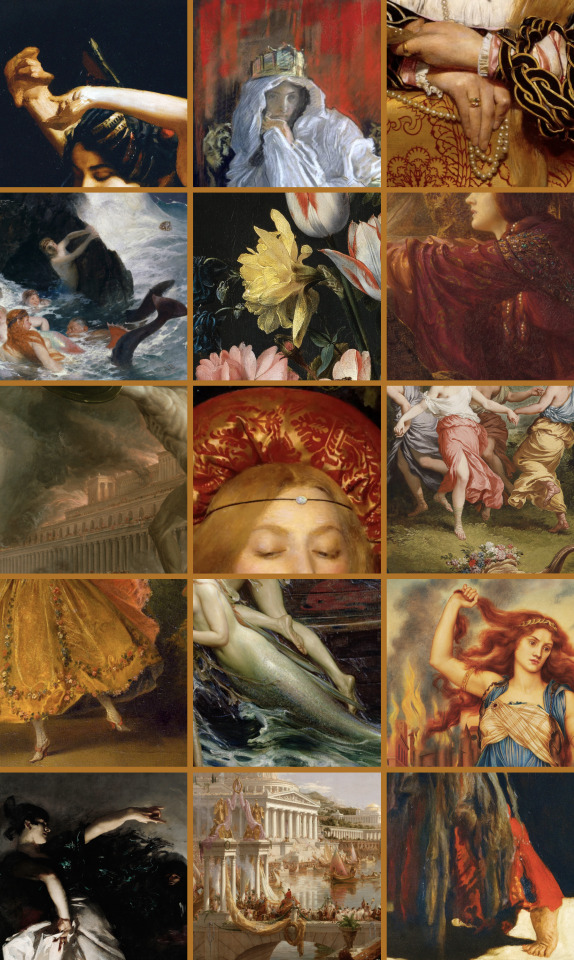
art history album moodboard – dance fever by florence + the machine
The Flamenco Dancer – Leopold Schmutzler // The Queen in “Hamlet” – Edwin Austin Abbey // Vanity – Frank Cadogan Cowper // Play of the Nereides – Arnold Böcklin // A Still Life of Tulips, Roses, Bluebells, a Peony, and Other Flowers in a Glass Roemer on a Wooden Ledge with a Dragonfly – Jacob van Hilsdonck // Yseult – Frank Bernard Dicksee // The Course of Empire: Destruction – Thomas Cole // Vanity – Frank Cadogan Cowper // Dance to the Music of Time – follower of Laurent de la Hyre // Marie Camargo – Nicolas Lancret // Ulysses and the Sirens – Herbert James Draper // Cassandra – Evelyn De Morgan // El Jaleo – John Singer Sargent // The Course of Empire: The Consummation of Empire – Thomas Cole // The Flamenco Dancer – Leopold Schmutzler
#art history album moodboard#charlotte makes moodboards#leopold schmutzler#edwin austin abbey#frank cadogan cowper#arnold bocklin#frank bernard dicksee#thomas cole#herbert james draper#evelyn de morgan#john singer sargent#dance#dancing#dance fever#florence + the machine#florence and the machine#fatm#moodboard#dance fever moodboard#florence + the machine moodboard#album moodboard#music moodboard#florence + the machine aesthetic#dance fever aesthetic#art#art history
55 notes
·
View notes
Text
"Das gefleckte Band"
Erich Schellow: Sherlock Holmes Paul Edwin Roth: Dr. Watson Fritz Tillmann: Dr. Grimesby Roylott Astrid Frank: Helen Stoner
Watson: "What does that mean?" Holmes: "It means it's all over. Come on!" Helen Stoner: "What was this?" Holmes: "Go back to your room, we will come to you later." Holmes: "This was the speckled band." Watson: "A swamp cobra, the most dangerous venomous snake in India."
#erich schellow#paul edwin roth#fritz tillmann#astrid frank#sherlock holmes#dr. watson#dr. grimesby roylott#helen stoner#das gefleckte band#the speckled band#very atmospheric#they are adorable#made for each other
18 notes
·
View notes
Text
1 note
·
View note
